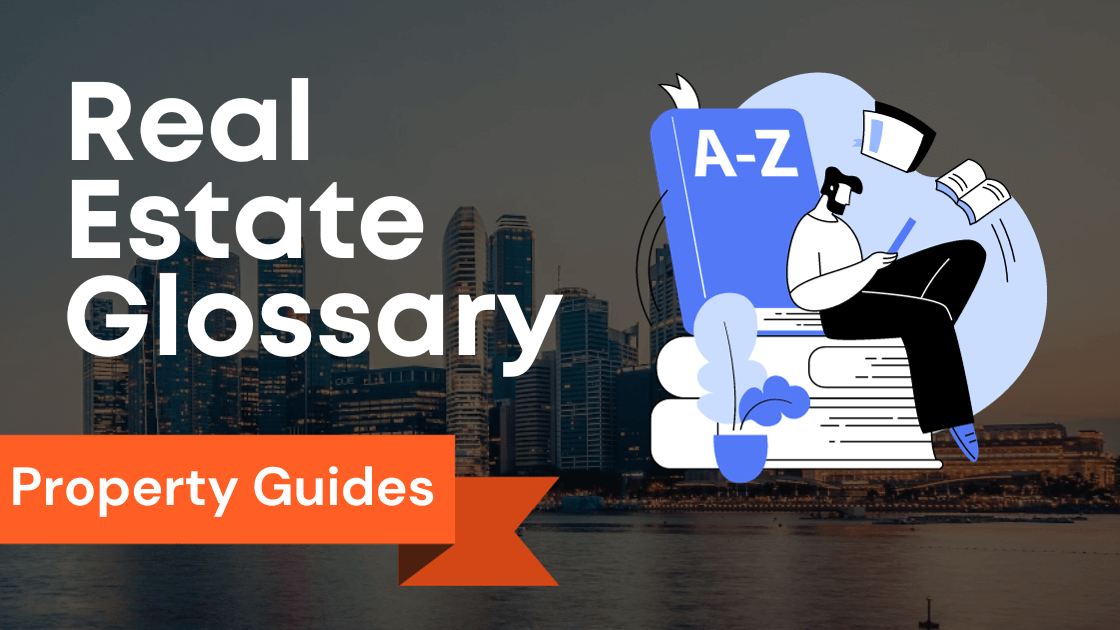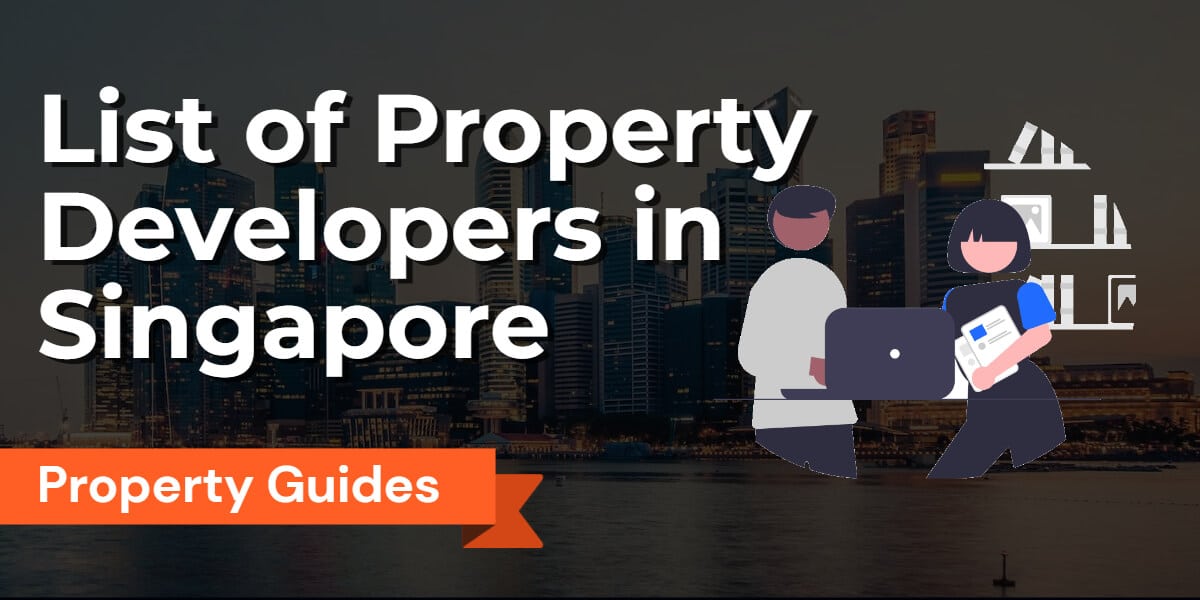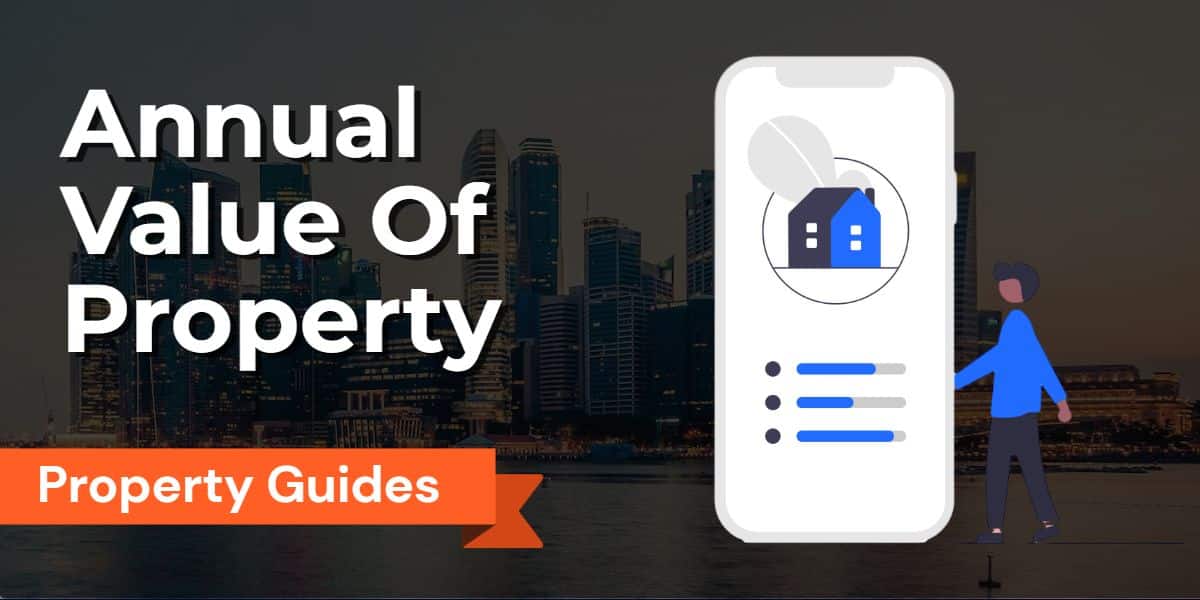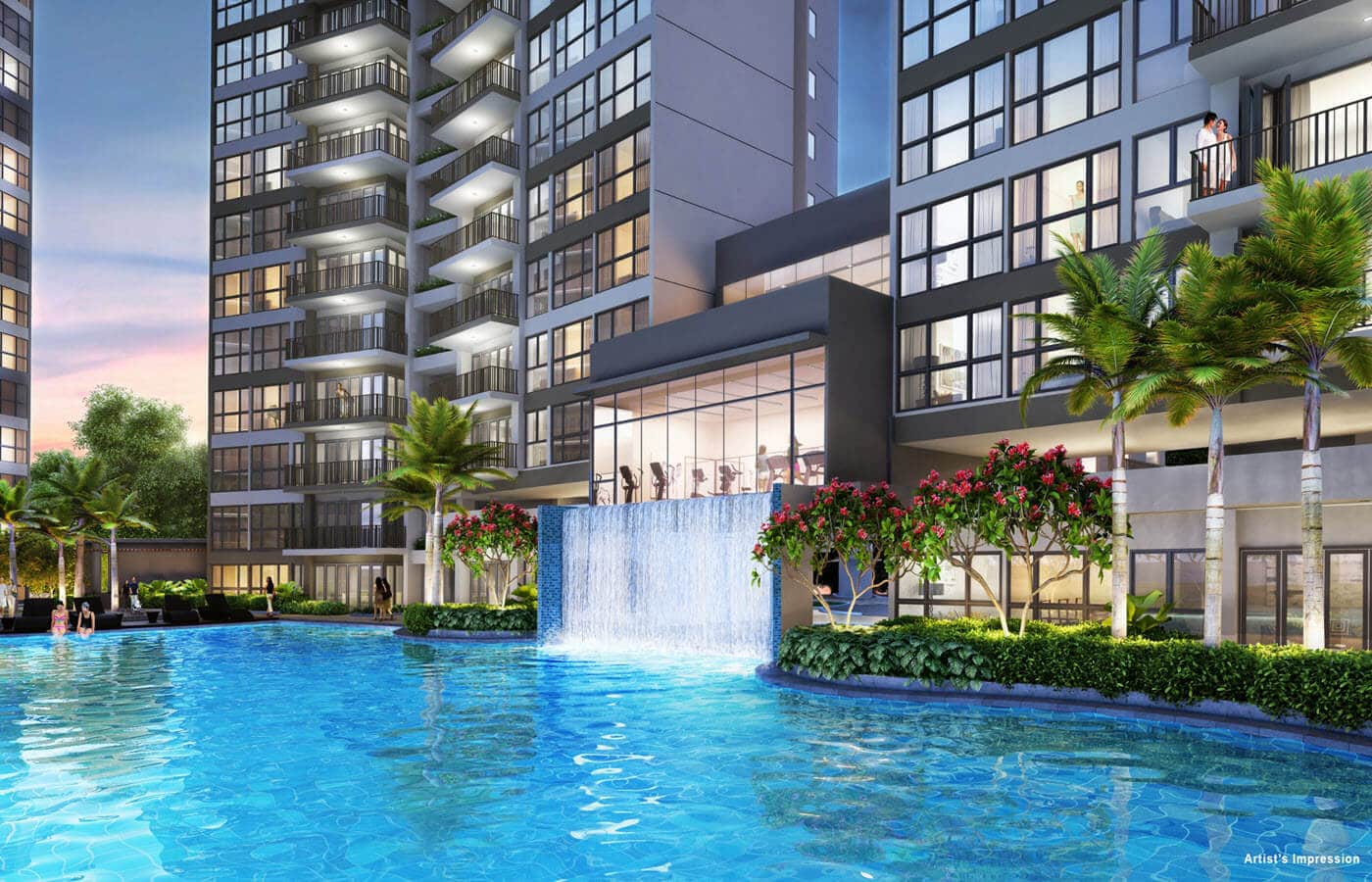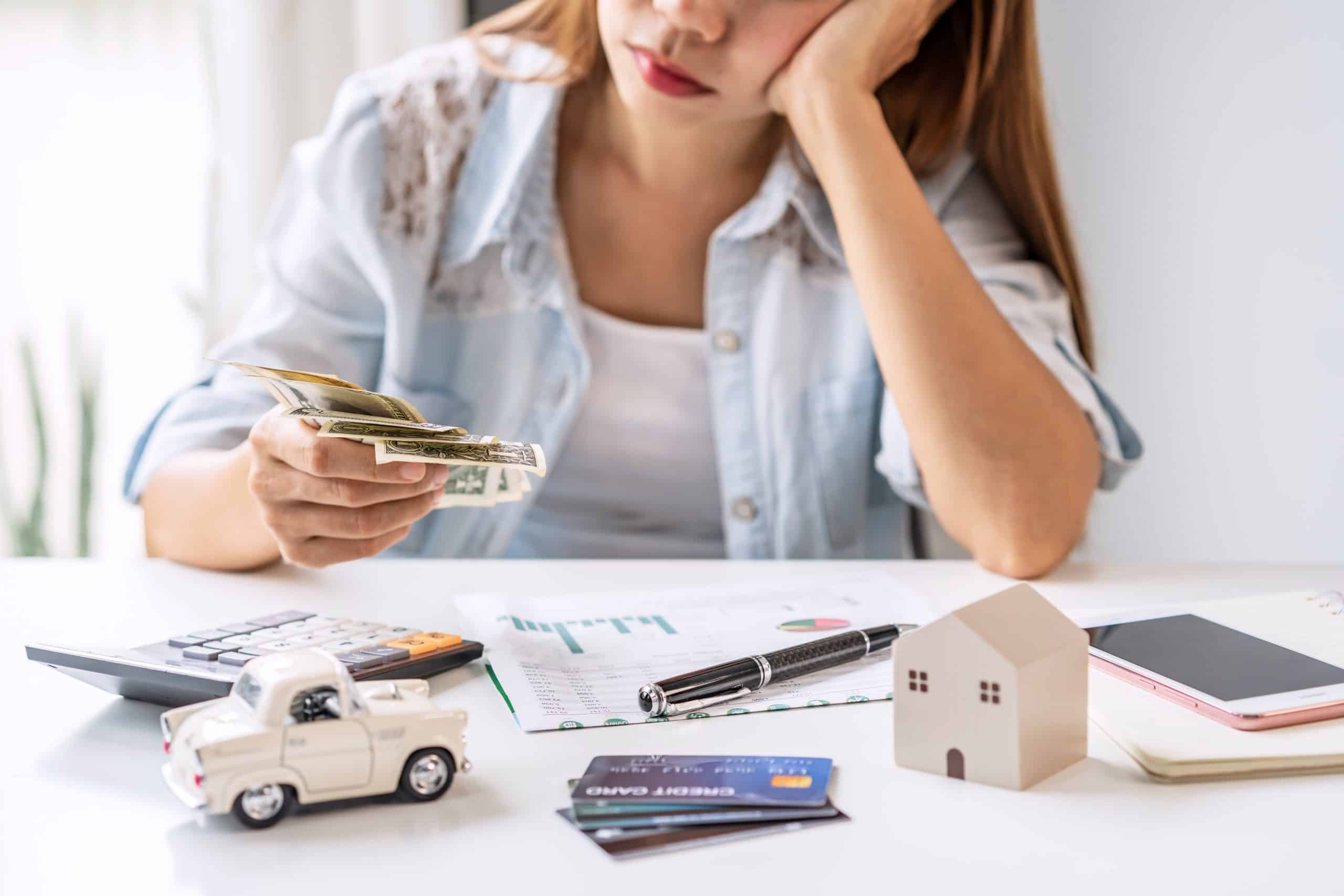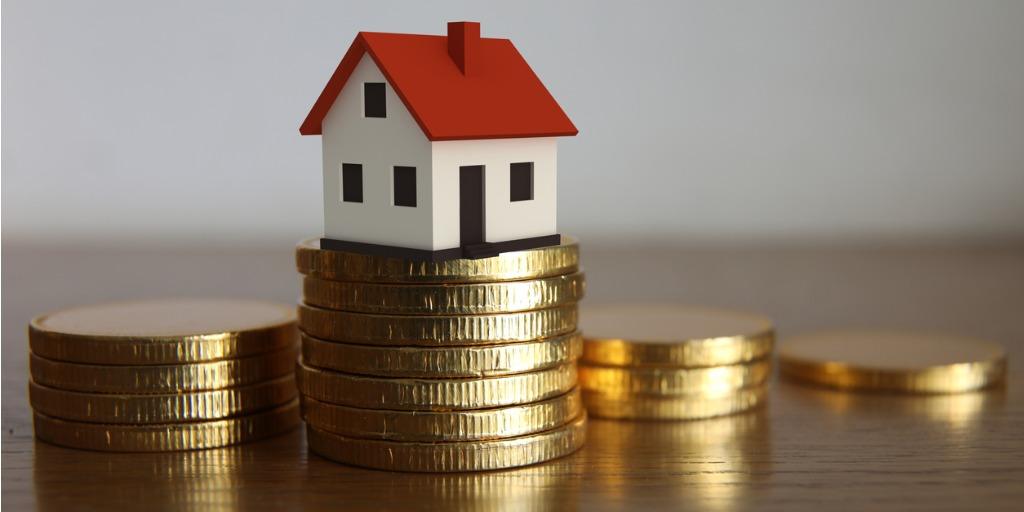
Are you dreaming of owning a property in Singapore but need help knowing where to start?
Look no further!
In this guide, we’ll walk you through the different types of properties available, such as HDB flats, private properties, and landed properties, explaining their unique features and differences in simple terms.
We’ll also shed light on the eligibility requirements and restrictions for foreigners interested in purchasing property in Singapore.
And don’t worry; we’ll provide an overview of the current state of the property market, helping you gauge what to expect.
Prepare to embark on an exciting journey to find your perfect home in Singapore!
Key Takeaways
| Information | Key Takeaway |
|---|---|
| Types of properties in Singapore | HDB flats, private properties, landed properties |
| Restrictions for foreigners purchasing property | Restricted from buying landed properties, need approval for private residential properties |
| Current state of the property market | Stable, less active during COVID-19, expected 3% growth in 2023 |
| HDB flats vs. private properties | HDB flats are public housing, private properties offer more amenities |
| Landed properties vs. non-landed properties | Landed properties have land titles and are more expensive |
| Considerations before buying a property | Budget, location, future plans, amenities, property size |
| Eligibility requirements for foreigners | Permanent residency or eligible corporate entity |
| Restrictions and fees for foreign buyers | Additional Buyer’s Stamp Duty (ABSD) of 20%, reduced under certain conditions |
| Options for ineligible buyers | Renting, long-term leasehold estate, real estate investment trusts (REITs) |
| Role of property agents | Property searching, pricing, negotiation, legal and financial assistance |
| Financing options for property purchase | Home loans, mortgage options, eligibility criteria |
| Public housing (HDB flats) and resale market | Eligibility, resale market, factors to consider |
| Rights and responsibilities of property owners | Occupancy, maintenance, compliance, taxes |
| Private housing options | Condominiums, apartments, landed properties |
| Factors to consider when buying private property | Location, size, facilities, tenure, fees, regulations |
| Considerations for first-time buyers | Budget, lifestyle, future plans, advice from professionals |
| Role of Singapore Land Authority | Management of state land and property transactions |
| Services provided by Singapore Land Authority | Property information, ownership, boundary, valuation |
| Fees involved with Singapore Land Authority | Varies depending on the service required |
| Guidelines and restrictions for PRs buying property | Eligible to buy both public and private properties, restrictions on landed properties |
| ABSD and other taxes for property buyers | ABSD for additional properties, other taxes include buyer’s stamp duty, seller’s stamp duty |
Overview of Buying Property in Singapore: A Guide for Foreigners and Singaporeans
What are the different types of properties available in Singapore?
There are three main types of properties in Singapore – HDB flats, private properties, and landed properties.
HDB flats are public housing, whereas private and landed properties are private.
Private properties include condominiums, executive condominiums, and private residential properties.
Landed properties include terrace houses, semi-detached houses, bungalows, and strata-landed houses.
What are the restrictions for foreigners looking to purchase property in Singapore?
According to the Residential Property Act, foreigners are restricted from buying landed properties in Singapore.
They can purchase a private residential property, such as a condominium or an executive condominium, but only after obtaining approval from the Singapore Land Authority.
What is the current state of the property market in Singapore?
The Singapore property market has been relatively stable in recent years.
However, with the COVID-19 pandemic and its economic impact, the real estate market has been less active since 2020.
Analysts predict that the market will gradually recover in 2021 and 2022, with an expected growth of 3% in 2023.
Understanding the Different Types of Properties in Singapore: HDB Flats, Private Properties, and Landed Properties
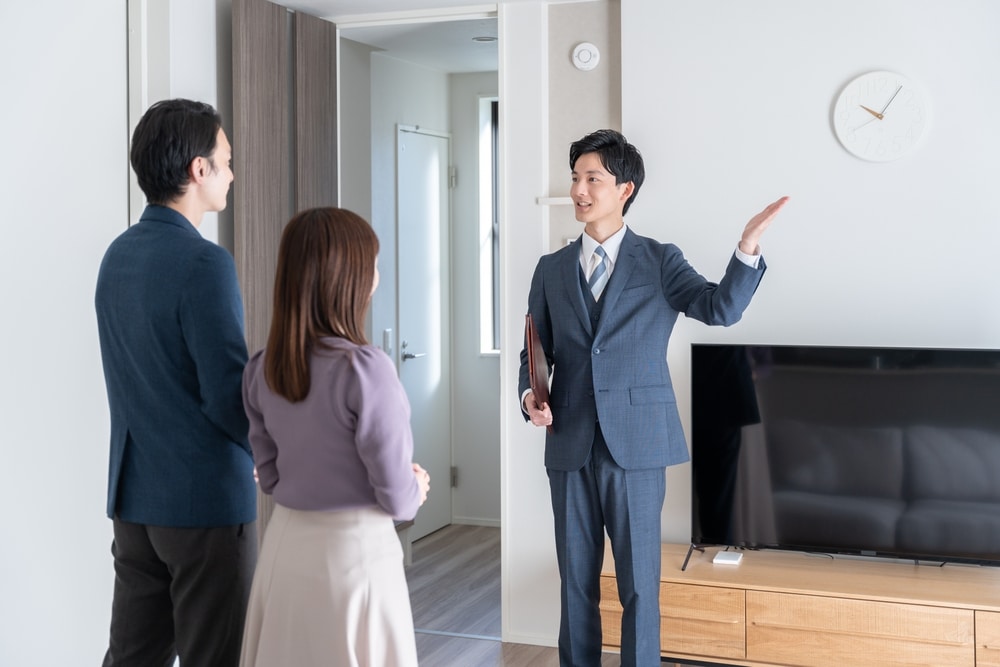
What are HDB flats, and how do they differ from private properties?
HDB flats are public housing developed by the Housing and Development Board (HDB).
They are meant for Singapore citizens and permanent residents.
Private properties, on the other hand, include condominiums, executive condominiums, and private residential properties.
These properties are built and sold by private developers.
HDB flats are usually cheaper, but private properties offer more amenities and better living conditions.
What are landed properties, and how do they differ from non-landed properties?
Landed properties are properties with land titles.
They are usually more expensive than non-landed properties like condominiums or HDB flats.
Landed properties include terrace houses, semi-detached houses, bungalows, and strata-landed houses.
What should I consider before deciding which type of property to buy?
Before deciding which property type to buy, you must consider your budget, desired location, and plans.
You must also consider the amenities you want and the property size that suits your needs.
Eligibility and Restrictions for Foreigners Buying Property in Singapore
What are the eligibility requirements for foreigners looking to purchase property in Singapore?
Foreigners must have permanent residency or be eligible for a corporate entity to buy a property in Singapore.
They must also obtain approval from the Singapore Land Authority before they can buy a private residential property.
What are the restrictions and additional fees that may apply to foreign buyers?
Foreign buyers are subject to an Additional Buyer’s Stamp Duty (ABSD) of 20% of the property’s market value.
This fee is on top of the Buyer’s Stamp Duty (BSD) that all buyers must pay.
The ABSD can be reduced if the foreign Buyer has completed National Service or is married to a Singaporean citizen.
What are my options if I am not eligible to buy property in Singapore?
If you are not eligible to buy property in Singapore, you can consider renting or applying for a long-term leasehold estate in a landed property.
You can also consider investing in real estate investment trusts (REITs) or shares of real estate companies in Singapore.
Buying an HDB Flat in Singapore: Process, Eligibility Criteria, and Financing Options
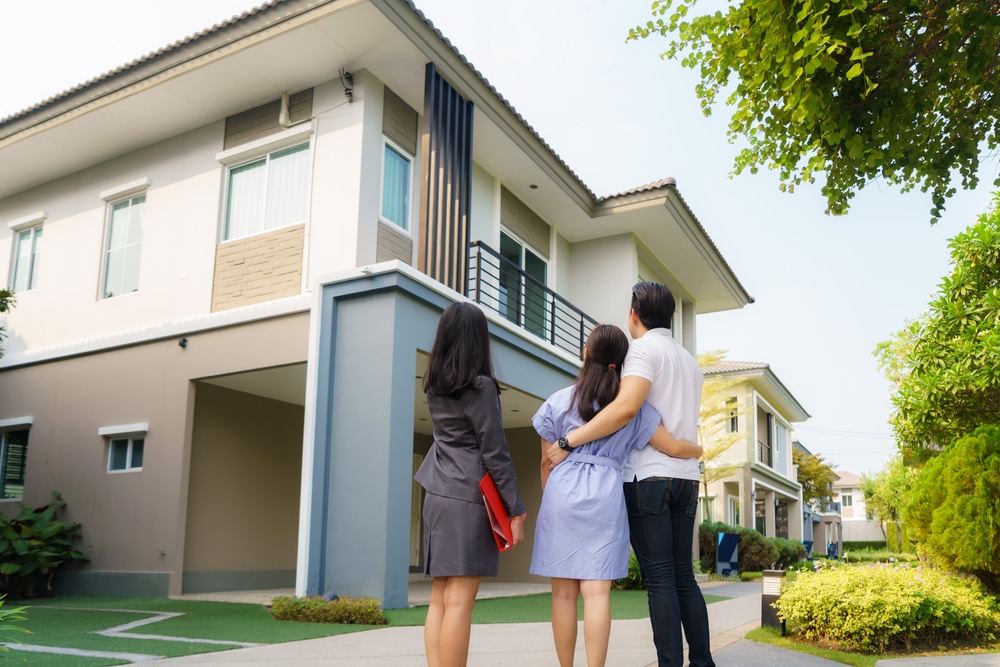
What is an HDB flat, and what are the eligibility criteria for purchasing one?
An HDB flat is a public housing apartment developed by HDB.
Singapore citizens and permanent residents are eligible to buy an HDB flat.
They must comply with the eligibility requirements set by HDB, such as income and family nucleus.
How does the financing process for an HDB flat differ from that of a private property?
Financing a resale HDB flat requires a smaller down payment than funding a private property.
A buyer’s maximum loan amount is also lower for an HDB flat.
However, HDB offers various financing schemes, such as a Central Provident Fund (CPF) Housing Grant, HDB Loan, or a bank loan, to help buyers purchase an HDB flat.
What should I consider before buying an HDB flat?
Before buying an HDB flat, you need to consider the location, size of the apartment, and budget.
You also need to factor in the remaining lease of the flat, as HDB flats have a 99-year leasehold.
Exploring Residential Properties in Singapore: Condominiums, Executive Condominiums, and Private Residential Properties
What are the differences between condominiums, executive condominiums, and private residential properties?
Condominiums, executive condominiums, and private residential properties are all private properties.
Condominiums offer many facilities and services, such as swimming pools and gyms.
Executive condominiums are subsidized public-private hybrid housing for Singaporeans and permanent residents.
Private residential properties include landed properties, terrace houses, and semi-detached houses.
What are the advantages and disadvantages of each type of residential property?
Condominiums offer a higher standard of living but can be expensive due to the high maintenance fees.
Executive condominiums are cheaper than private condominiums, but they have a minimum occupation period of five years before owners can sell or rent them out.
Landed properties offer more privacy and exclusivity but are usually more expensive than non-landed properties.
What are some important factors to consider before purchasing a residential property in Singapore?
Before purchasing a residential property in Singapore, you must consider the location, property type, budget, and amenities.
You must also factor in additional fees, such as stamp duty, legal, and agent fees.
You are engaging a reputable property agent who can provide professional advice and assistance.
The Role of Property Agents in Singapore: How They Can Assist in Buying Property

What services do property agents in Singapore offer?
Property agents play a crucial role in the property buying process in Singapore.
They provide property searching, pricing and negotiation, legal and financial assistance, and property management.
They also have access to the latest property listings and market insights, which can help you make informed decisions when buying property in Singapore.
How can property agents help foreigners buy property in Singapore?
Foreigners can buy private properties in Singapore, but there are restrictions on purchasing HDB flats.
Property agents can help foreigners navigate the regulations and requirements for buying property in Singapore, including obtaining government approval to purchase restricted properties such as Sentosa Cove.
What should you look for when choosing a property agent?
When choosing a property agent, you should look for qualifications, experience, and a track record of successfully assisting clients in buying property in Singapore.
Additionally, it is essential to consider their fees and commissions and their level of communication and responsiveness throughout the process.
Financing Your Property Purchase: Home Loans and Mortgage Options in Singapore
What are the home loan options for buying property in Singapore?
Several home loan options are available in Singapore, including fixed and floating interest rate loans.
Banks and financial institutions offer housing loans for up to 75% of the property price, with repayment terms of up to 25 years.
How do you qualify for a home loan in Singapore?
To qualify for a home loan in Singapore, you must meet specific eligibility criteria, including being a Singapore citizen, permanent resident, or a foreigner with a valid work permit.
Lenders will also assess your credit score, income, and debt-to-income ratio to determine your loan eligibility and interest rate.
What factors should you consider when choosing a home loan or mortgage?
When choosing a home loan or mortgage, it is essential to consider the interest rate, repayment amount and duration, fees, and flexibility of the loan terms.
It would help if you also compared different options from multiple lenders to find the most suitable financing option for your needs.
Understanding Public Housing in Singapore: HDB Flats and Resale HDB Market

Who is eligible to buy HDB flats in Singapore?
HDB flats are subsidized public housing units in Singapore and are typically reserved for Singapore citizens and permanent residents.
There are also restrictions on purchasing HDB flats, including a minimum occupancy period of 5 years for new flat owners and a resale eligibility period of 10 years for subsidized resale flats.
What is the HDB resale market, and how does it work?
The HDB resale market refers to the buying and selling subsidized HDB flats in the secondary market.
HDB resale flats can be purchased by eligible buyers on the open market, with pricing determined by market demand and the remaining lease on the apartment.
The government also offers the Sale of Balance Flats, unsold flats from previous launches, at a discounted price to eligible buyers.
What should you consider when buying an HDB resale flat?
When buying an HDB resale flat, you should consider the location, size, condition, the remaining lease, and the policies and regulations governing the balanced resale market.
You should also engage a property agent and seek legal and financial advice before purchasing.
Rights and Responsibilities of Property Owners in Singapore
What are the legal rights of property owners in Singapore?
Property owners in Singapore have the right to occupy and use their property and sell or transfer their property ownership.
They also have the right to access and maintain their property, subject to building and land use regulations and safety requirements.
What are the responsibilities of property owners in Singapore?
Property owners in Singapore are responsible for maintaining their property in a safe and habitable condition, complying with building and land use regulations, and paying property taxes and other charges associated with their property.
They are also responsible for ensuring that their property does not cause undue nuisance or harm to their neighbors or the community.
What regulations should property owners be aware of in Singapore?
Property owners in Singapore should be aware of regulations such as the Landlord and Tenant (Control and Regulation) Act, the Building Maintenance and Strata Management Act, and the Planning Act.
These regulations govern the rights and obligations of landlords and tenants, property maintenance and management, and land use planning and development in Singapore.
Exploring the Private Housing Market in Singapore: Condos, Apartments, and Landed Properties
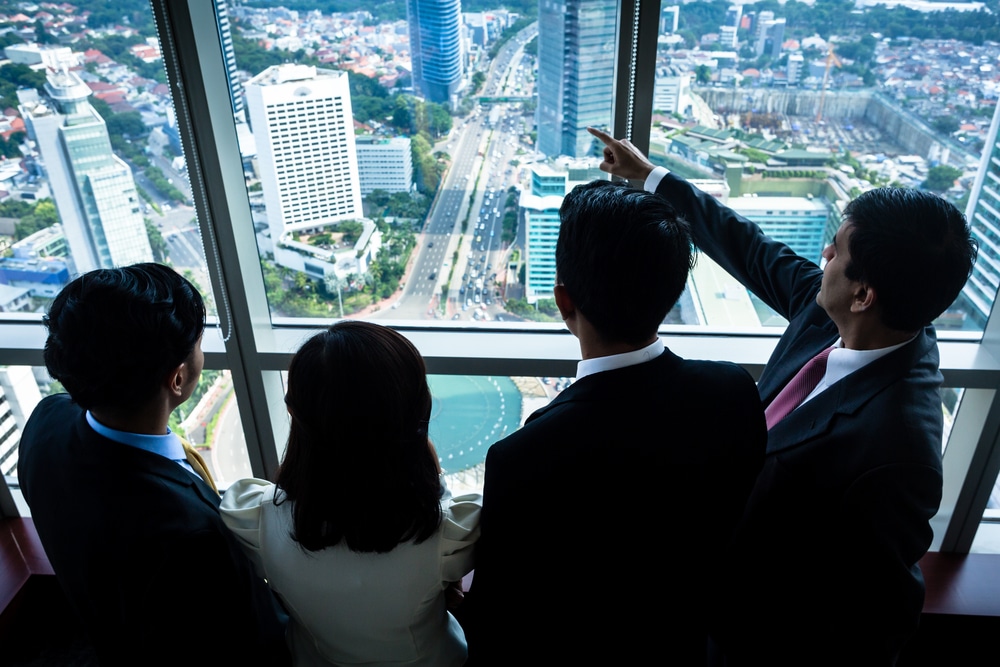
What are the different types of private housing options in Singapore?
Private housing options in Singapore include condominiums, apartments, and landed properties such as bungalows and semi-detached houses.
These properties offer different exclusivity, privacy, and amenities and vary in ownership and maintenance responsibilities.
What factors should you consider when buying a condo, apartment, or landed property in Singapore?
When buying a private property in Singapore, you should consider the property’s location, size, layout, facilities and amenities, tenure and ownership type, and maintenance fees and responsibilities.
You should also assess the potential for capital appreciation and rental income and the impact of government regulations on the property market.
What are the costs associated with buying private property in Singapore?
The costs associated with buying private property in Singapore include the purchase price, stamp duty, and other taxes, legal and conveyancing fees, and renovation and maintenance costs.
These costs can add up substantially and should be considered when budgeting for your property purchase.
Key Considerations for Buying Your First Property in Singapore
What are the key factors to consider when buying your first property in Singapore?
When buying your first property in Singapore, you should consider your budget and affordability, lifestyle and preferences, plans and goals, and the potential for capital appreciation and rental income.
You should also seek advice from property agents, legal and financial advisors, and lenders to ensure that you make an informed decision.
What is the process for buying property in Singapore?
Buying property in Singapore involves several steps, including property searching, viewing and negotiation, valuation and financing, legal and conveyancing procedures, and property handover and registration.
Each step requires careful planning and consideration to ensure a smooth and successful purchase process.
What tips should you keep in mind when buying property in Singapore?
When buying property in Singapore, conducting thorough research, comparing multiple options, seeking professional advice, and negotiating wisely are essential.
You should also be aware of the risks and potential pitfalls associated with the property market, such as changes in property prices, interest rates, and government regulations.
The Role of the Singapore Land Authority in Property Transactions

What is the Singapore Land Authority?
The Singapore Land Authority (SLA) is a statutory board under the Ministry of National Development that manages and maintains Singapore’s state land and property.
The SLA ensures that the land and property transactions comply with the government’s regulations and policies to safeguard the interests of its citizens.
What are the services provided by the Singapore Land Authority?
The SLA provides various services related to land and property transactions in Singapore, including property information, property ownership, property boundary information, and property valuation.
The SLA also manages the national land registration system, which maintains the records of all land and property transactions in Singapore.
What are the fees involved?
The SLA charges various fees for some of its services, including property information and property ownership searches.
It also collects a fee for the Approval to Buy (ATB) application, which foreign buyers must obtain before purchasing any residential properties in Singapore.
The prices for these services vary depending on the type and scope required.
Permanent Residents and Buying Property in Singapore: Guidelines and Restrictions
Who can buy property in Singapore?
Singapore citizens, Permanent Residents (PRs), and foreigners can buy property in Singapore.
However, specific guidelines and restrictions depend on the Buyer’s nationality and residency status.
What are the guidelines for Permanent Residents to buy property in Singapore?
You can buy public and private residential properties in Singapore as a PR.
You do not need to obtain Approval to Buy (ATB) to purchase an HDB flat.
Still, for private properties, you must complete a 10-years residency in Singapore before buying.
Upon buying, you will be assessed for taxes in Singapore.
Are there any restrictions for Permanent Residents buying private properties?
Yes, there are restrictions for PRs when buying private residential properties in Singapore.
PRs can only accept a landed residential property with the approval of the Land Dealings Approval Unit (LDAU).
They can only purchase apartments or condominiums approved by the LDAU or have been in the market for at least ten years since their construction.
Additional Buyer’s Stamp Duty (ABSD) and Other Taxes for Property Buyers

What is ABSD, and who needs to pay it?
The Additional Buyer’s Stamp Duty (ABSD) is a tax imposed on purchasing additional properties in Singapore.
Any buyer purchasing a second property is required to pay ABSD.
The tax rates for ABSD vary depending on the Buyer’s residency status, property type, and number of properties owned.
Foreigners must also pay an additional 20% ABSD on property purchases in Singapore.
What are the other taxes involved in property transactions in Singapore?
Other taxes related to property transactions in Singapore include the Buyer’s stamp duty, a tax imposed on the purchase of any property in Singapore.
Seller’s stamp duty, a tax imposed on any property sold within a certain period, is also applied.
Property tax, an annual tax levied on all properties in Singapore, is assessed based on the property’s annual value and type.
How can buyers reduce their tax liabilities?
Buyers can reduce their tax liabilities when purchasing a property in Singapore in several ways.
For example, buyers can purchase properties jointly to take advantage of the lower stamp duty rates and the ABSD remission for married couples.
They can also time their property purchases to avoid paying the ABSD or Seller’s stamp duty.
It is recommended to seek advice from an experienced property advisor or professional tax consultant to understand the options and avail of reduced tax rates.
Tips and Strategies for a Successful Property Purchase in Singapore
How to determine the value of the property?
Before buying a property in Singapore, it is essential to determine its real value.
You can hire a property agent or a valuer to help you evaluate the property value accurately.
They will provide a property valuation report of recent transactions in the same area and the property’s condition, age, and location.
What are the factors to consider before buying a property in Singapore?
It would help to consider several factors before purchasing a property in Singapore, such as location, accessibility, proximity to educational institutes and facilities, future development plans, and market trends.
Consider considering the maintenance fees, the leasehold or freehold tenure, and the amenities provided by the condominium or apartment.
What is the Land Dealings Approval Unit, and why is it important?
The Land Dealings Approval Unit (LDAU) is the government body responsible for approving and regulating land and property transactions in Singapore.
It is essential to obtain approval from the LDAU before buying a landed or private residential property less than ten years old.
Conclusion
In conclusion, buying a property in Singapore requires a thorough understanding of the different property types, eligibility requirements, and restrictions.
Foreigners looking to purchase property in Singapore should be aware of the limitations of buying landed properties and the need to obtain approval from the Singapore Land Authority for private residential properties.
It is essential to consider factors such as budget, location, amenities, and plans before deciding the type of property to buy.
We recommend checking out our other blog articles to explore the topic of buying property in Singapore.
These articles delve into specific aspects of the property market, such as financing options, the role of property agents, the rights and responsibilities of property owners, and the different types of private housing available.
By reading these articles, you can understand the property market in Singapore and make well-informed decisions when purchasing your dream home.
Frequently Asked Questions
Can foreigners buy properties in Singapore?
Yes, foreigners can buy properties in Singapore.
However, there are restrictions and guidelines that they need to follow.
What types of properties can foreigners buy in Singapore?
Foreigners can buy condominiums, apartments, and landed properties such as bungalows and semi-detached houses.
Can foreigners buy Housing and Development Board (HDB) flats in Singapore?
Foreigners are generally not allowed to buy HDB flats in Singapore, except for some instances, like when they are married to a Singapore Permanent Resident (SPR)
What is the process for buying a property in Singapore?
The process involves finding a property, making an offer, paying a deposit, getting a lawyer to review the contract, and completing the transaction.
It is advisable to engage an agent to assist with the process.
Are properties in Singapore assessable for tax?
Yes, properties in Singapore are assessable for tax in Singapore.
It is essential to understand the tax implications before making a purchase.
What is the current state of the local property market in Singapore?
The local property market in Singapore may experience fluctuations depending on various factors such as economic conditions, government policies, and global events.
How much does a property in Singapore cost?
The price of the property in Singapore varies depending on the property type, location, and age of the property.
Can foreigners purchase an estate in a landed residential area?
Yes, foreigners may purchase an estate in a landed residential area under certain conditions, such as obtaining approval from the Land Dealings Approval Unit.
What are the restrictions for foreigners who wish to acquire property in Singapore?
Foreigners may not acquire all types of property in Singapore, and they are subject to certain restrictions, such as the number of properties they can receive, the kind of property, and the property’s location.











